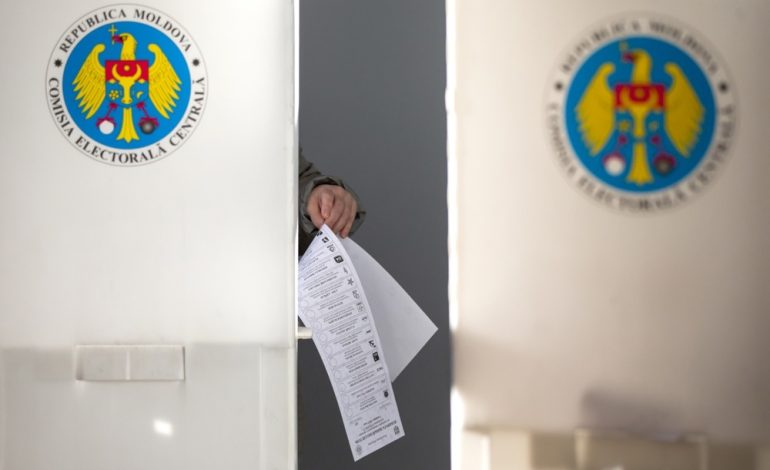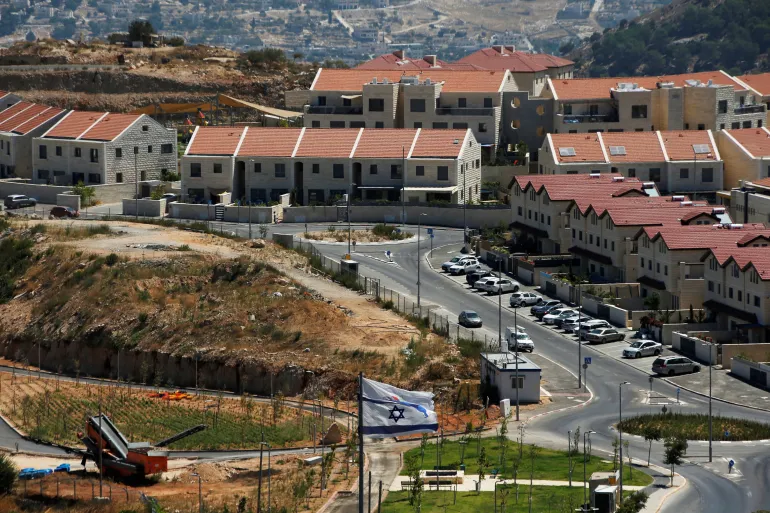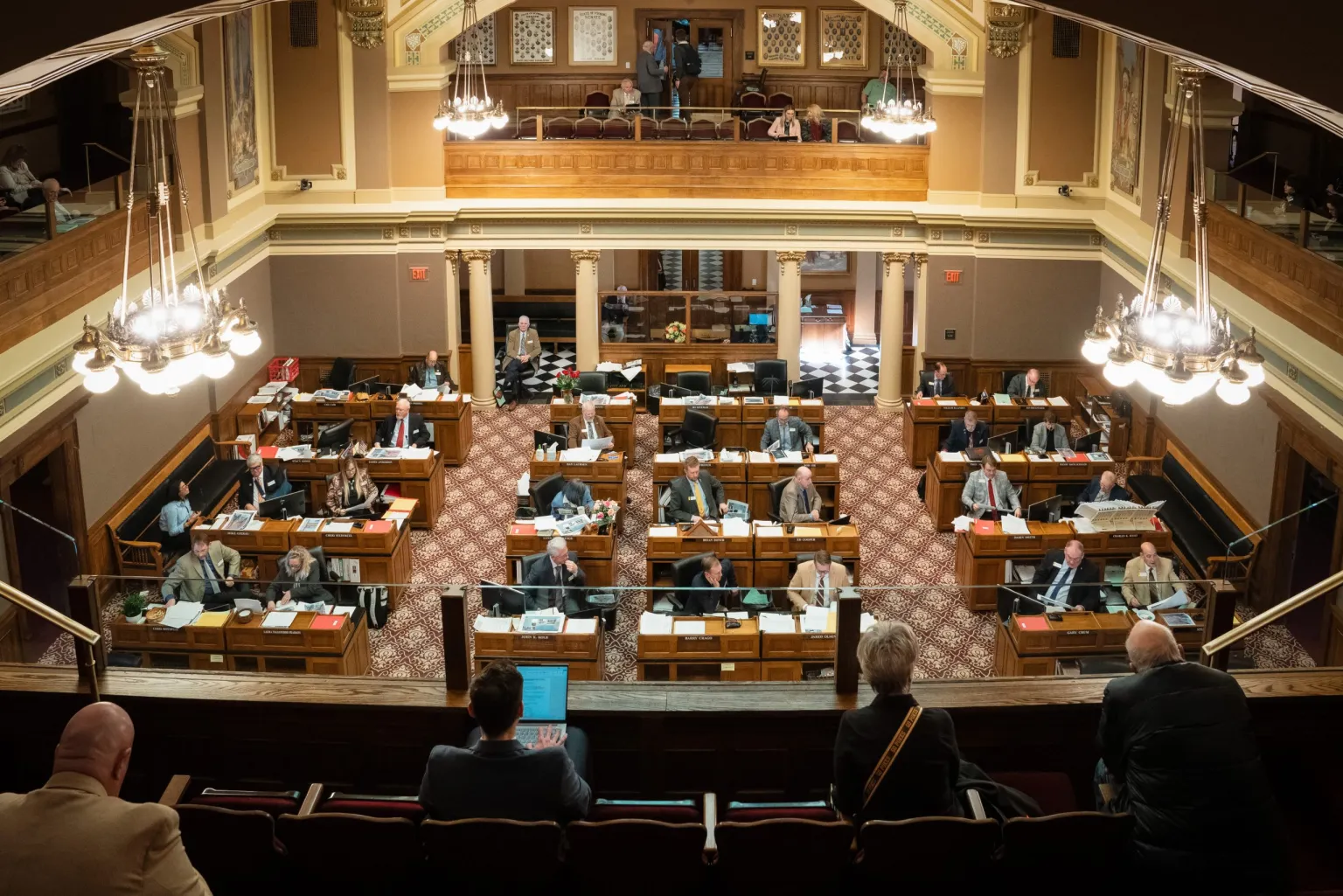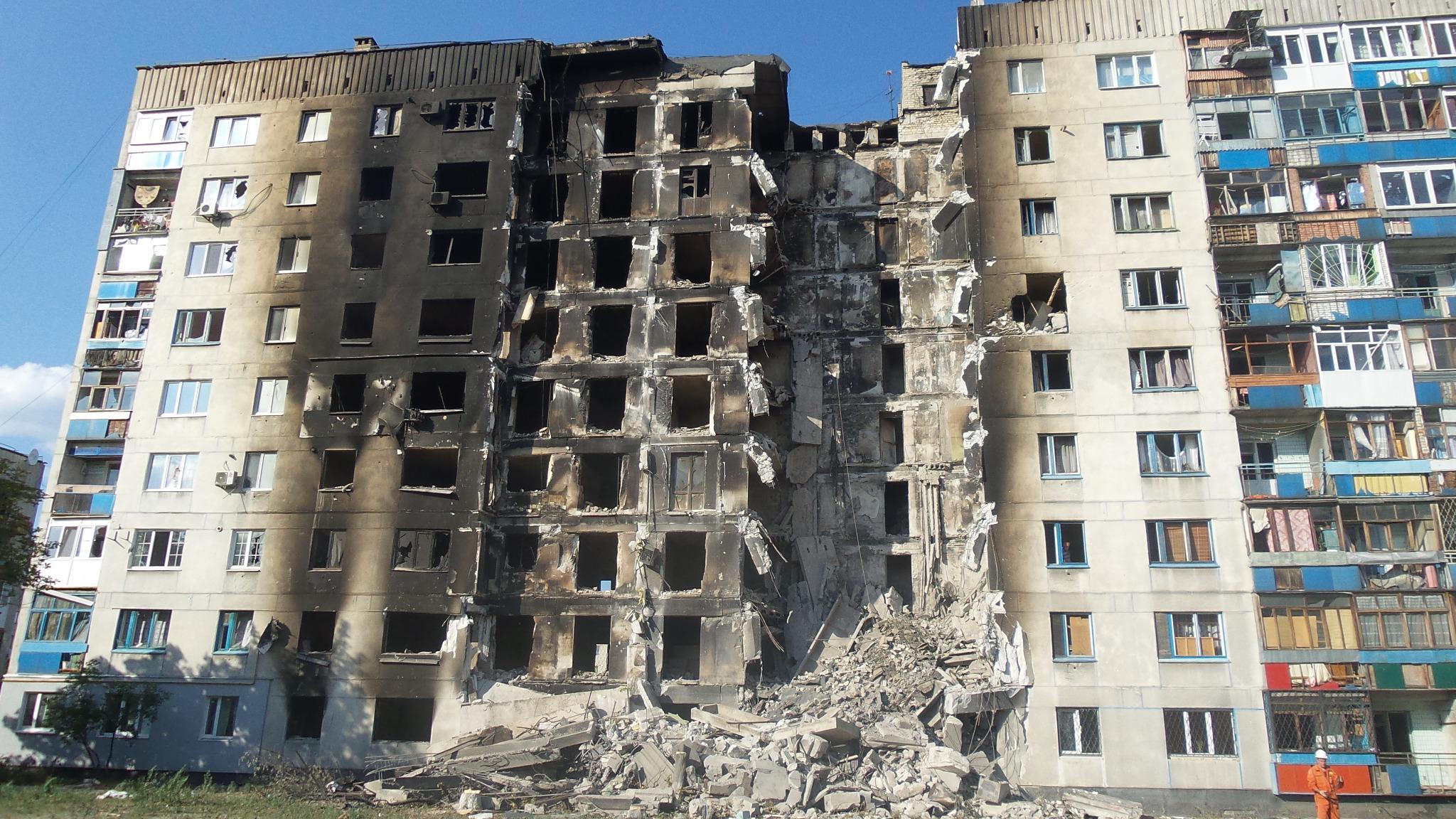ANALYSIS: Moldova’s Election Game: Banning Parties Instead of Winning Votes

So here we are again: Moldova heading into elections, and instead of focusing on policies or convincing voters, the authorities are busy striking names off the ballot. On 18 August, the country’s High Court confirmed what the Central Electoral Commission (CEC) had already decided: three parties connected to businessman Ilan Shor won’t be allowed to compete in the upcoming parliamentary elections.
The banned groups include Chance, The Power of Alternatives and Salvation of Moldova, and Victory. All of them had tried to enter the race separately after the CEC rejected their joint electoral bloc “Victory” earlier in July.
Official excuse
According to the High Court, the problem wasn’t ideology but procedure: the parties apparently failed to submit updated leadership lists in time. The ruling stressed that the measure “does not punish political ideas” and only blocks participation because of technical noncompliance.
Sounds tidy on paper. But in practice? Disqualifying entire parties weeks before an election looks more like a political maneuver than simple bureaucracy. Especially when these groups had already been struggling with registration after the party of Shor himself was declared unconstitutional last year.
Pattern of exclusion
The CEC has now cleared just six parties and two independents to run in September. Conveniently, the list is dominated by PAS, the ruling pro-European party of President Maia Sandu. Opposition groups tied in any way to Shor’s network keep hitting closed doors, while others like Renaissance have already been denied.
Authorities insist this is about protecting democracy from corruption and instability. Critics argue it looks more like an attempt to limit political competition under the guise of legal procedure.
Bigger picture
Let’s not forget: Moldova has had six presidents in just seven years, endless government reshuffles, and near-constant accusations of corruption. Public trust is fragile. When the state repeatedly bans parties, regardless of how questionable their leadership may be, it risks sending the message that elections are less about choice and more about control.
Instead of strengthening the democratic process, these moves fuel cynicism. Voters who might have backed these parties won’t simply vanish, they’ll either boycott the polls or feel even more alienated from institutions already seen as self-serving.
What it really signals
This isn’t just about technicalities. It’s about how Moldova is defining democracy in practice. Rule of law should mean equal rules for all players, not selective disqualification. Every time the government eliminates rivals by decree, it chips away at its own credibility.
Elections are supposed to be about winning over people, not kicking opponents off the field. If Moldova wants to be taken seriously as a democracy, it needs to show it can handle opposition, not silence it.









The latest news in your social feeds
Subscribe to our social media platforms to stay tuned